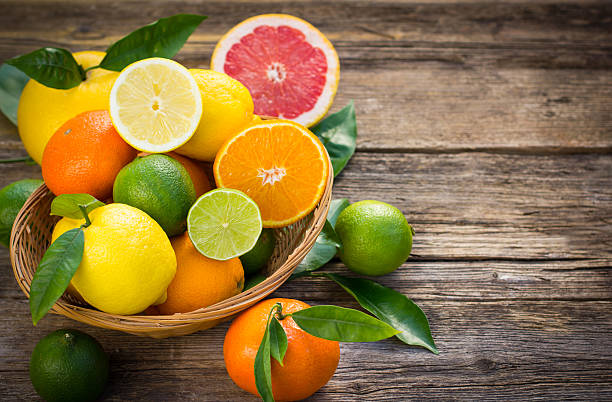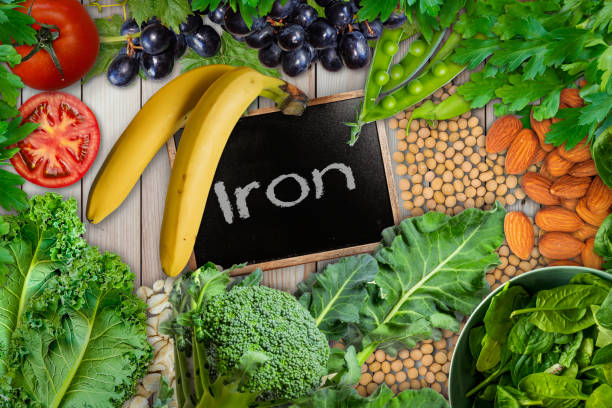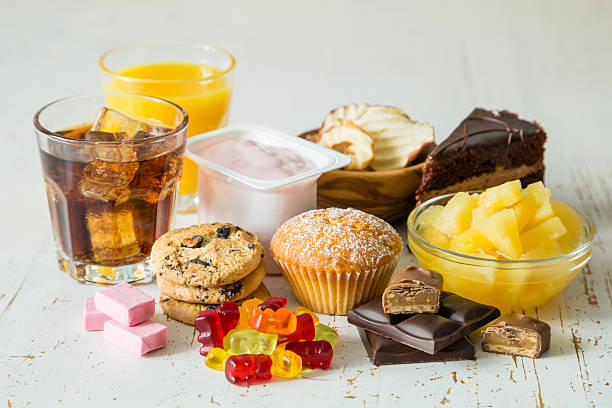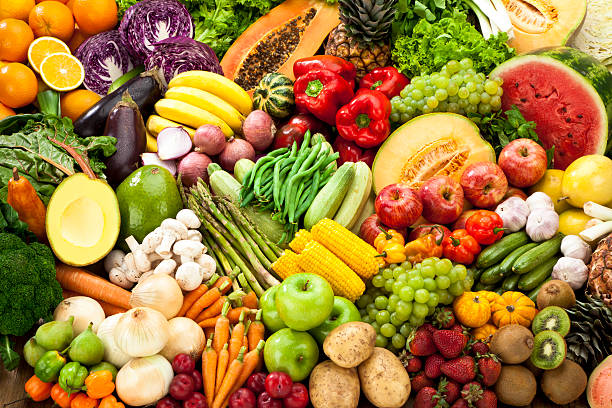Foods to Avoid With Tea: What You Need to Know
Tea is a beloved beverage worldwide, cherished for its calming effects and health benefits. However, did you know that pairing tea with certain foods can diminish its benefits or even harm your health? This article delves into the foods you should avoid consuming alongside tea and why.
Why Tea Pairings Matter
Tea, particularly varieties like green and black tea, is rich in antioxidants and other beneficial compounds such as catechins and polyphenols. While tea itself promotes digestion, boosts metabolism, and enhances mental clarity, some food combinations can interfere with these benefits.
Understanding the science behind tea pairings can help you optimize its health advantages while avoiding potential side effects.
- Dairy Products
Tea and milk are a classic combination, especially in Indian chai. However, research shows that milk proteins can bind with tea’s polyphenols, reducing their antioxidant properties. This combination might also affect digestion for people with lactose intolerance.

What to Do Instead:
Opt for plant-based milk alternatives like almond or oat milk, which don’t hinder tea’s benefits.
- Citrus Fruits
While lemon tea is a popular choice, consuming tea with citrus fruits like oranges or grapefruits can lead to acidity issues. The combination might irritate your stomach lining, especially if consumed on an empty stomach.

What to Do Instead:
Enjoy your tea plain or with a slice of lemon separately, avoiding other acidic fruits immediately afterward.
- Fried or Spicy Snacks
Pairing tea with fried or spicy foods, like samosas or pakoras, is common, especially in India. Unfortunately, this combination can lead to acidity, indigestion, and bloating. Tea’s caffeine content amplifies the effect, making it harder for the stomach to process these foods.
What to Do Instead:
Choose lighter snacks like biscuits or nuts for a healthier tea-time experience.
- Iron-Rich Foods
Tea contains tannins, which can inhibit iron absorption from non-heme (plant-based) sources like spinach, lentils, and beans. Regularly consuming tea with iron-rich meals can lead to anemia over time.

What to Do Instead:
Avoid drinking tea an hour before or after consuming iron-rich foods to allow proper nutrient absorption.
- Sugary Foods and Sweets
Sweet treats like cakes, pastries, or mithai often accompany tea. However, consuming too much sugar can spike blood sugar levels, counteracting tea’s potential benefits, such as regulating glucose.

What to Do Instead:
Limit your sugar intake or switch to natural sweeteners like honey or jaggery in moderation.
- Raw Vegetables
Surprisingly, eating raw vegetables like cucumbers or tomatoes with tea can sometimes cause bloating or discomfort. The tannins in tea can react with certain compounds in raw veggies, leading to indigestion.

What to Do Instead:
Pair tea with cooked or steamed vegetables for a gentler digestive experience.
Tips for Enjoying Tea the Right Way
- Timing Matters: Avoid drinking tea immediately after meals; wait at least 30 minutes.
- Drink in Moderation: Limit your tea intake to 2–3 cups daily to avoid excessive caffeine consumption.
- Pair Smartly: Choose foods that complement tea, like whole-grain crackers, nuts, or fresh fruits low in acidity.
Conclusion
While tea remains one of the healthiest beverages, mindful pairings can significantly enhance its benefits. Avoiding certain foods like dairy products, fried snacks, or iron-rich meals ensures you reap the full advantages of this age-old drink. Sip smart and stay healthy!
